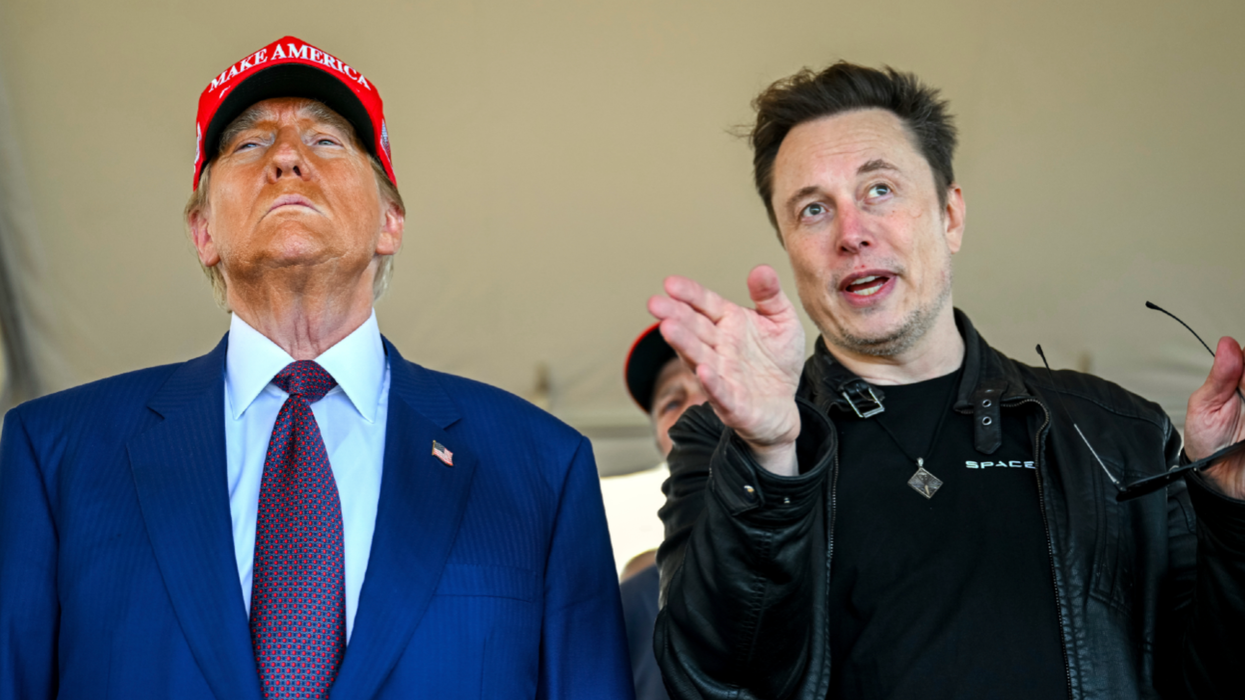Senate Probe: DOGE 'Blunders' Cost Taxpayers At Least $21.7 Billion
Senate Democrats released a report on Thursday revealing that the so-called Department of Government Efficiency has wasted at least $21.7 billion in taxpayer dollars since it was launched by President Donald Trump and far-right billionaire Elon Musk. The revelation undermines the purported mission of the agency, which was to cut wasteful spending.
The report, titled “The $21.7 Billion Blunder” and released by Democrats on the Senate Permanent Subcommittee on Investigations, summarizes that the billions wasted by DOGE came about because the agency was never set up to understand how the federal government works and instead was more focused on disrupting and breaking things.
The subcommittee, led in the minority by Sen. Richard Blumenthal of Connecticut, determined that the biggest area of DOGE waste comes from $14.8 billion spent under the “Deferred Resignation Program.” The program, launched by Trump a few days into his new term, was supposed to shrink the federal workforce.
What that means in reality, as The Washington Post reported on Thursday, is that over 154,000 federal employees are currently being paid not to work. Despite the billions being spent, the spokesperson for Trump’s Office of Personnel Management, told the Post that it has “delivered incredible relief to the American taxpayer.”
Key agencies have been affected by this drain of resources, including the departments of Defense (55,000 employees volunteered for “deferred resignation”), Agriculture (15,400), Veterans Affairs (9,400), Interior (7,400), and Justice (4,000).
Democrats’ report also reveals that hundreds of millions in tax dollars have been lost because the administration destroyed food aid and medical supplies, wasted time by mandating employees send out accomplishment emails to Trump officials, and froze loans meant to fund ongoing government projects.
“As my PSI investigation has shown, DOGE was clearly never about efficiency or saving the American taxpayer money. Instead it wasted at least $21.7 billion,” Blumenthal wrote on social media, following the report’s publication. “I urge Inspectors General to take my investigation’s findings & initiate a comprehensive review of DOGE’s careless actions.”
Trump tapped Musk to lead DOGE after Musk donated millions toward Trump’s victory in the 2024 presidential election. Musk also allowed racism and disinformation to thrive on X, formerly Twitter, after he bought it.
DOGE’s actions have been unpopular with the public and generated grassroots protests across the country. Many of those protests have occurred outside of showrooms for Tesla, the electric vehicle company Musk owns. Tesla sales have fallen following Musk’s actions with DOGE.
Since Musk left DOGE around the end of May, many of the flunkies he brought along with him to disrupt government agencies have departed, leaving behind dysfunctional messes that will continue to cost taxpayers for years to come.
Reprinted with permission from Daily Kos












